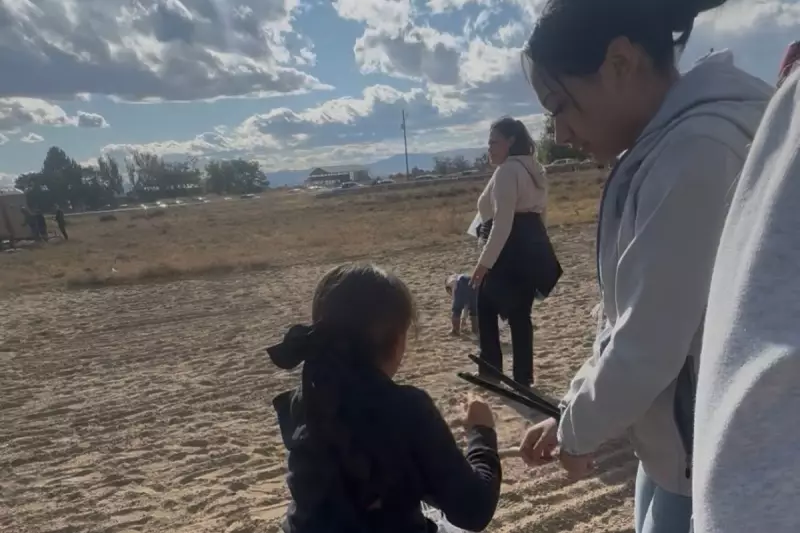
FBI Director Christopher Wray found himself in the political crosshairs during a fiery House Judiciary Committee hearing in Boise, Idaho, where Republican lawmakers launched a blistering attack over the bureau's investigation into former President Donald Trump.
Political Theatre in the Northwest
The hearing, which took place in one of America's most conservative states, transformed into a dramatic political showdown as GOP representatives repeatedly challenged Wray about the FBI's handling of the Trump investigation. The atmosphere grew increasingly tense as lawmakers demanded answers about what they characterised as political bias within the bureau.
South Dakota Governor Kristi Noem, a prominent Trump ally, added fuel to the fire by declaring she wouldn't cooperate with any potential arrest of the former president in her state. This statement highlighted the deepening divide between Trump supporters and federal law enforcement agencies.
Security Concerns and Political Tensions
The hearing occurred against a backdrop of heightened security concerns, with the Department of Homeland Security and FBI issuing warnings about potential threats against government facilities. This context added gravity to the proceedings as Wray attempted to navigate the political minefield while maintaining the bureau's integrity.
Republican lawmakers didn't hold back their criticisms, with some suggesting the FBI had become "weaponised" against conservative figures. The hearing revealed the ongoing political fallout from the Trump investigation and its impact on the bureau's relationship with Republican leaders.
A Director Under Pressure
Christopher Wray maintained his composure throughout the gruelling session, defending the FBI's professionalism and rejecting claims of political motivation in their investigations. However, the intensity of the questioning underscored the significant challenges facing the bureau in today's polarised political climate.
The Idaho hearing represents just one battle in the ongoing war between Trump allies and federal law enforcement, a conflict that shows no signs of abating as the 2024 presidential election landscape begins to take shape.





